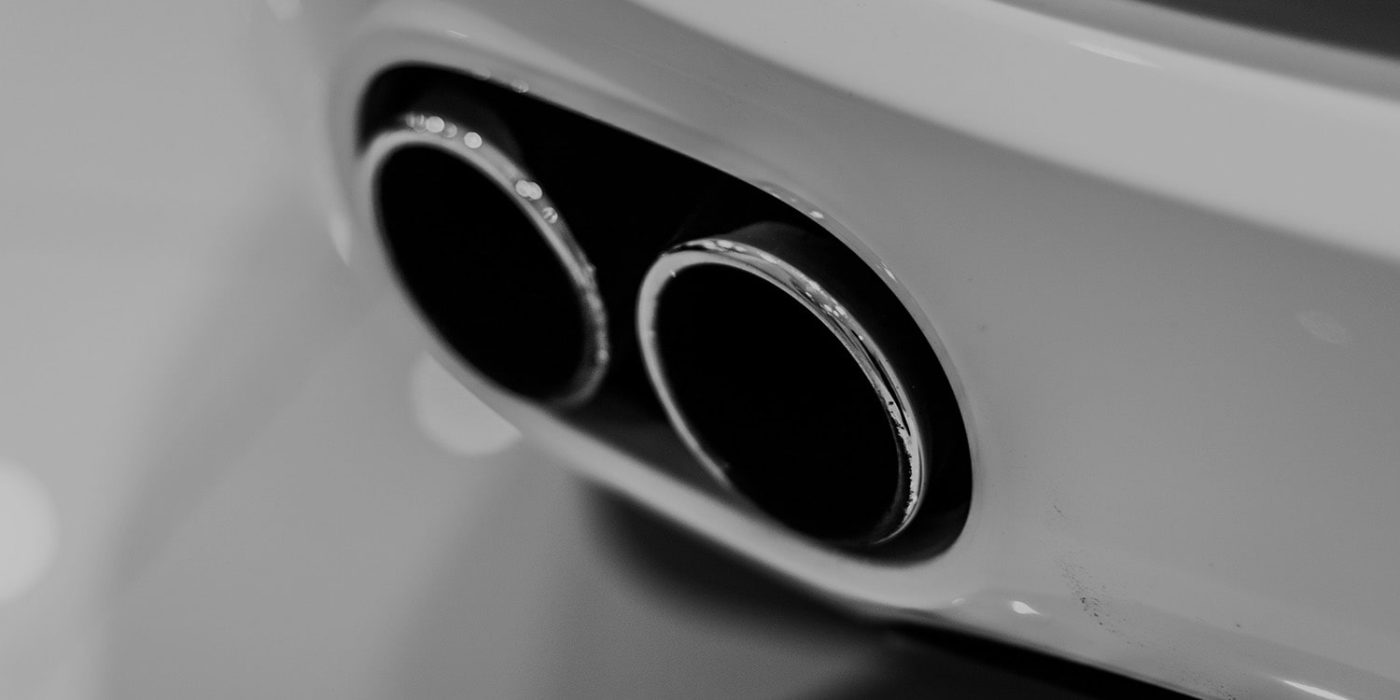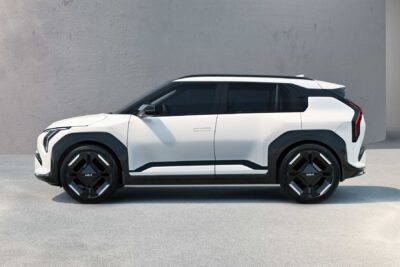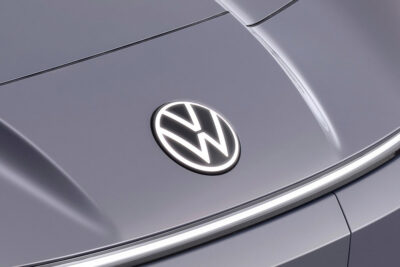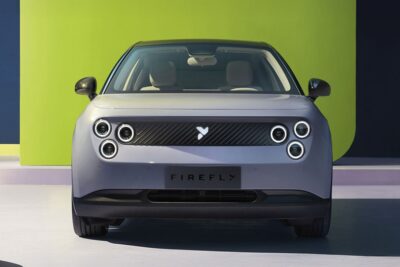Potential compromise found in EU e-fuels discussion
A potential solution is on the horizon in the dispute over the phasing out of ICEs in the EU. The German transport ministry no longer wants to renegotiate CO2 limits for cars, thus the de facto end of internal combustion vehicles from 2035. It is not yet clear whether the EU Commission will accept the demands.
According to information from the German publication Der Spiegel, the transport ministry led by Volker Wissing and the FDP party is demanding that the EU Commission commit to submitting a so-called delegated act by autumn this year. This is to determine how cars powered exclusively by e-fuels can contribute to the EU’s targets for reducing greenhouse gas emissions. According to the report, Hartmut Höppner, State Secretary in the Federal Ministry of Transport, sent the proposal to the EU Commission by email. Since the regulation on the new CO₂ limits itself is not to be touched again, the most important point of contention would be settled.
That such a concession would be made by transport minister Volker Wissing was not yet foreseeable in the past few days. Although representatives of both the German Ministry of Transport and the EU Commission had repeatedly emphasised the progress made in the negotiations, the drafts of both sides that were recently published in the media gave a different impression. While the Commission, under pressure after Germany’s threatened abstention in the final vote, had proposed to create a new vehicle category for e-fuels that technically cannot be operated with fossil fuels, the German Ministry of Transport surprised everyone with its own draft. This apparently stipulated that cars with internal combustion engines would not have to be fuelled exclusively with synthetic fuels from 2035, but could also have been fuelled with a fuel mix of e-fuels and petrol or diesel.
Wissing now seems to have backed away from this demand. According to Der Spiegel, the new proposal of the Ministry of Transport now only mentions vehicles with combustion engines “that exclusively refuel with CO2-neutral fuels”. For them, even after 2035, “a perspective is to be created that these can be newly registered”. This would again correspond to the original FDP demand after the ministry had gone far beyond this demand with the draft submitted in the meantime, in that (partial) operation of new cars with fossil fuels would also have been possible.
The German government has so far not publicly issued a reaction to the EU Commission on the new draft. The fact that a regulation on the operation of new vehicles with combustion engines and pure e-fuel use is to be examined is already included in the planned law on CO2 fleet limits (since these are to be reduced to zero grams per kilometre, it is de facto a combustion engine phase-out). However, in the version that the transport ministry also agreed to last year, it is a so-called recital – a legally non-binding requirement. Wissing’s ministry is calling for more binding force here, saying that the Commission should therefore commit itself to submit a so-called delegated act by autumn of this year – which should then explain exactly how those cars with internal combustion engines that run exclusively on e-fuels “can contribute to the EU targets for reducing greenhouse gas emissions”, as Spiegel writes.
That would probably be the most the Ministry of Transport can currently demand. However, it is still not certain that it will actually be implemented as Wissing wants because a delegated act of the Commission can be thwarted by the EU Parliament as well as by the Council of the Member States.





0 Comments